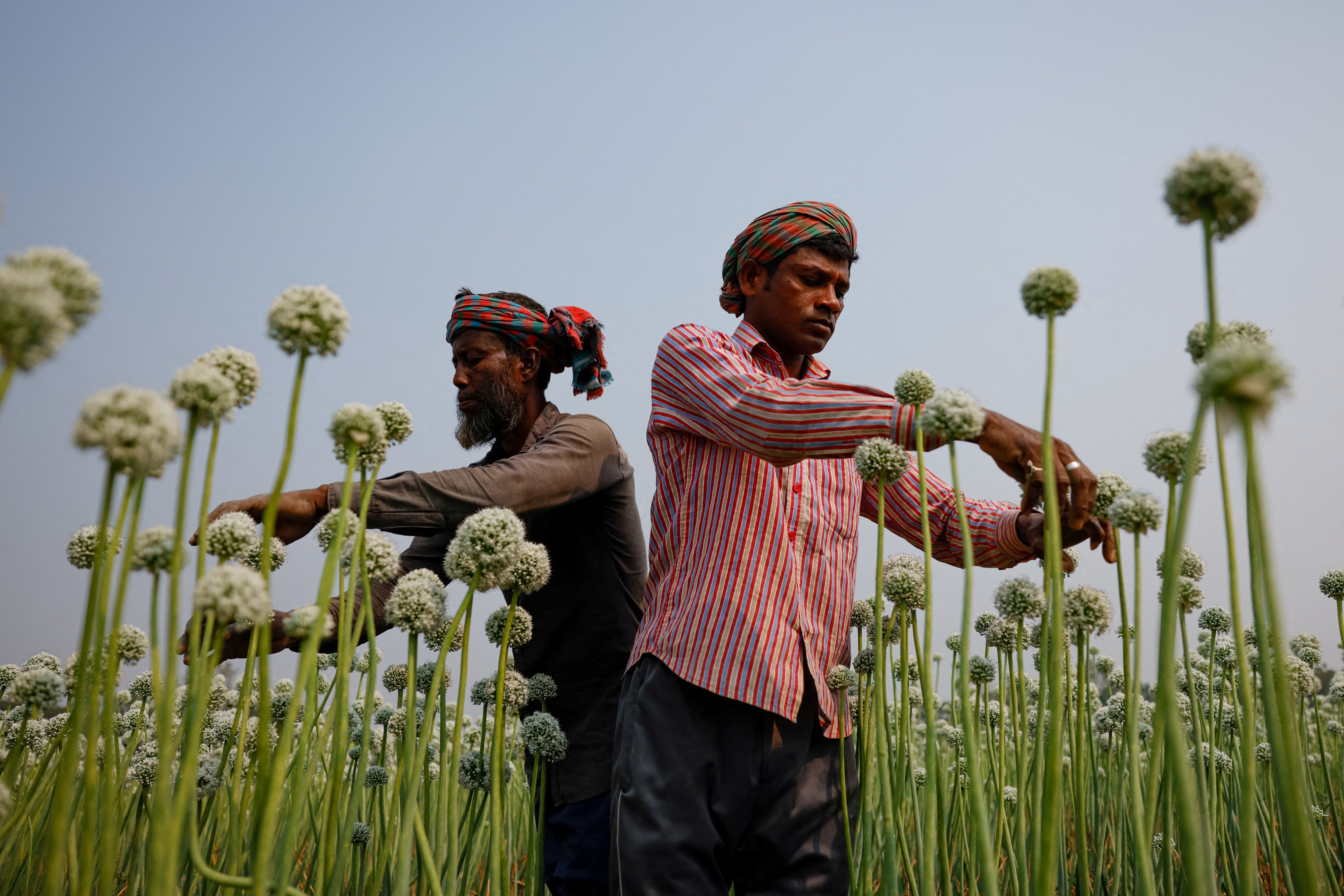COVID-19: What you need to know about the coronavirus pandemic on 24 February

The Pan American Health Organization has warned that COVID-19 vaccinations are lagging behind in the Caribbean. Image: REUTERS/Mayela Lopez
Listen to the article
- This daily news roundup brings you a selection of the latest news and updates on the COVID-19 coronavirus pandemic, as well as tips and tools to help you stay informed and protected.
- Top news stories: Caribbean falling behind in COVID-19 fight, warns Pan American Health Organization; COVID-19 infection raises risk of mental health issues – new study; New Zealand and Thailand report record case rises.
1. How COVID-19 is affecting the globe
Confirmed cases of COVID-19 have passed 429.7 million globally, according to Johns Hopkins University. The number of confirmed deaths has now passed 5.91 million. More than 10.65 billion vaccination doses have been administered globally, according to Our World in Data.
Discussions will begin at the World Health Organization (WHO) today on new rules for dealing with pandemics, with a target date of May 2024 for a treaty to be adopted by the WHO's member countries.
New Zealand has reported a record number of new daily COVID-19 infections at over 6,000, with 250 hospitalizations. It comes as Prime Minister Jacinda Ardern was targeted by protesters opposed to COVID-19 restrictions.
US health officials say that extending the interval between the first two doses of the country's most widely used COVID-19 vaccines to eight weeks for young men can reduce the rare risk of heart inflammation.
The WHO has set up a second hub to help train low- and middle-income countries to produce their own vaccines and therapies.
Thailand has reported a record daily increase in new confirmed COVID-19 cases – 23,557.
AstraZeneca has signed a deal with Canada for 100,000 doses of its antibody therapy for the prevention of COVID-19 in some high-risk patients.
Switzerland will donate up to 15 million COVID-19 vaccine doses to other countries by the middle of this year, the government said yesterday.
Romania is also set to donate 1.1 million doses of AstraZeneca's COVID-19 vaccine.
The Italian government will end its COVID-19 state of emergency on 31 March, Prime Minister Mario Draghi announced yesterday.
Iceland will lift all its remaining COVID-19 restrictions on Friday, its health ministry said yesterday.
Slovakia is also set to lift most of its COVID-19 restrictions over the next month.
Cambodia has started vaccinating children as young as three against COVID-19.

2. Caribbean falling behind in COVID-19 fight, warns PAHO
The Pan American Health Organization (PAHO) has warned that the Caribbean is falling behind in its efforts to tackle COVID-19, with just 63% of the eligible population vaccinated and large regional discrepancies emerging.
Of the 13 countries and territories in the Americas that have not yet reached the WHO's goal of 40% coverage, 10 are in the Caribbean, PAHO Director Carissa Etienne said.
The region registered 2.2 million new COVID cases last week, down 28% compared with the previous week.
"And, after six consecutive weeks of increases, we saw deaths fall for the first time since the beginning of the Omicron wave, to 29,000 new deaths reported in our region, a drop of 9%," Etienne said.
She cautioned that while cases and deaths are dropping, the improvements have not been uniform across countries and territories in the region.
3. COVID-19 infection raises risk of mental health issues – new study
Psychological stress from the pandemic may be widespread, but those who have had COVID-19 are at much higher risk of new mental health problems than individuals who have managed to avoid the virus, according to a new study.
Researchers found that over the course of a year, infection survivors were more at risk of new anxiety disorders, new depressive disorders, new use of antidepressants, new opioid use disorder and new non-opioid substance use disorder.
Their risk of newly detected neurocognitive decline was also 80% higher, with the risk for a new diagnosis of sleep disorders 41% higher.
The risks for these problems "were increased even among people who were not admitted to hospital", but were highest among those who had been hospitalized for COVID-19, the researchers reported in the BMJ.
Don't miss any update on this topic
Create a free account and access your personalized content collection with our latest publications and analyses.
License and Republishing
World Economic Forum articles may be republished in accordance with the Creative Commons Attribution-NonCommercial-NoDerivatives 4.0 International Public License, and in accordance with our Terms of Use.
The views expressed in this article are those of the author alone and not the World Economic Forum.
Stay up to date:
COVID-19
Forum Stories newsletter
Bringing you weekly curated insights and analysis on the global issues that matter.
More on Health and Healthcare SystemsSee all
Sarah Sáenz Hernández
February 24, 2026







